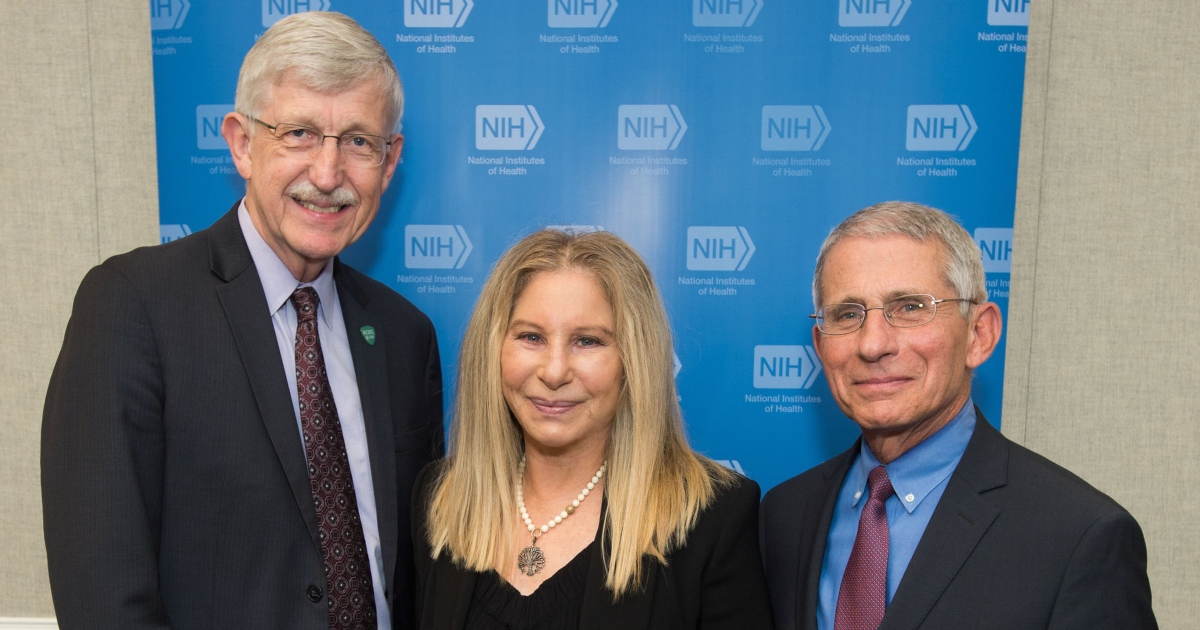FDA to review effectiveness of key ingredient in decongestant meds
03/14/2023 / By Belle Carter

The Food and Drug Administration (FDA) is set to review phenylephrine, a key ingredient in medicines for the common cold and stuffy nose, to determine whether it actually has medicinal benefits. The agency announced on its website that the FDA’s Nonprescription Drugs Advisory Committee will touch on the ingredient’s “generally recognized as safe and effective” designation in an April 12 meeting.
The regulator’s decision to reconsider its evaluation of the ingredient came years after pharmacy professors at the University of Florida (UFL) petitioned the FDA in 2007 to review its effectiveness. This gave birth to several studies that debunked phenylephrine’s claims.
According to these studies, phenylephrine can’t reach the bloodstream at sufficient levels when metabolized in the gut, which shows its ability to provide relief. They also found that while phenylephrine works in nasal spray form, only a minuscule amount reaches the circulatory system when it is taken orally. Medications containing the said ingredient reportedly shrink the dilated blood vessels in the nose to relieve nasal and sinus congestion.
In particular, a 2015 study partly sponsored by drug giant Merck concluded that oral phenylephrine in 10, 20, 30 and 40 milligrams (mg) were “not significantly better than placebo at relieving nasal congestion in a sample of 539 adults.” The UFL experts then petitioned the FDA a second time to pull out the ingredient entirely, a few months after the Merck study was published.
UFL pharmacotherapy professor emeritus Dr. Leslie Hendeles said of the 2015 petition: “Scientific evidence continues to show that the most popular products on the market containing phenylephrine are ineffective. Patients who seek an over-the-counter remedy should get what they pay for – an effective and safe alternative to a prescription drug.”

AHA: Cold meds increase risk of heart attack
Phenylephrine became exceedingly popular in the mid-2000s when the federal government imposed new restrictions on purchasing pseudoephedrine, an ingredient that can be used in clandestine laboratories to make meth. The combination of oral phenylephrine with the antihistamine diphenhydramine is found in several cold medicines and decongestants.
However, the American Heart Association (AHA) warned that taking medicines for the common cold and stuffy nose could have negative impacts on the cardiovascular system. The specific effects of these medications include raising blood pressure, constricting the blood vessels and raising the risk of heart attack, heart failure and stroke. (Related: Heart health and drug safety: Common cold medications can increase your blood pressure and heart attack risk.)
According to the AHA, those with high blood pressure should steer clear of decongestants such as phenylephrine, ephedrine and pseudoephedrine. They should also avoid non-steroidal anti-inflammatory drugs (NSAIDs) like ibuprofen, naproxen and acetaminophen – the latter commonly sold under the name paracetamol.
One study from May 2015 published in the European Journal of Clinical Pharmacology expounded on the dangers of combining phenylephrine and paracetamol. It stated that taking both drugs at a dose of 5 mg or higher could increase blood pressure and decrease heart rate. The paper also found that a 45 mg dose of oral phenylephrine could increase blood pressure.
Visit Medicine.news for more stories about over-the-counter medications.
Watch this video about creating a natural inhaler to beat congestion.
This video is from the Natural Cures channel on Brighteon.com.
More related stories:
Did you know over-the-counter cold medicines can harm your heart?
Indian government bans Procter & Gamble’s Vicks cold medicine over health concerns.
Sources include:
Submit a correction >>
Tagged Under:
Big Pharma, common cold, decongestants, FDA, heart attack, heart health, high blood pressure, hypertension, Nonsteroidal anti-inflammatory drugs, NSAIDs, OTC meds, pharmaceutical fraud, phenylephrine, Prescription drugs
This article may contain statements that reflect the opinion of the author




















